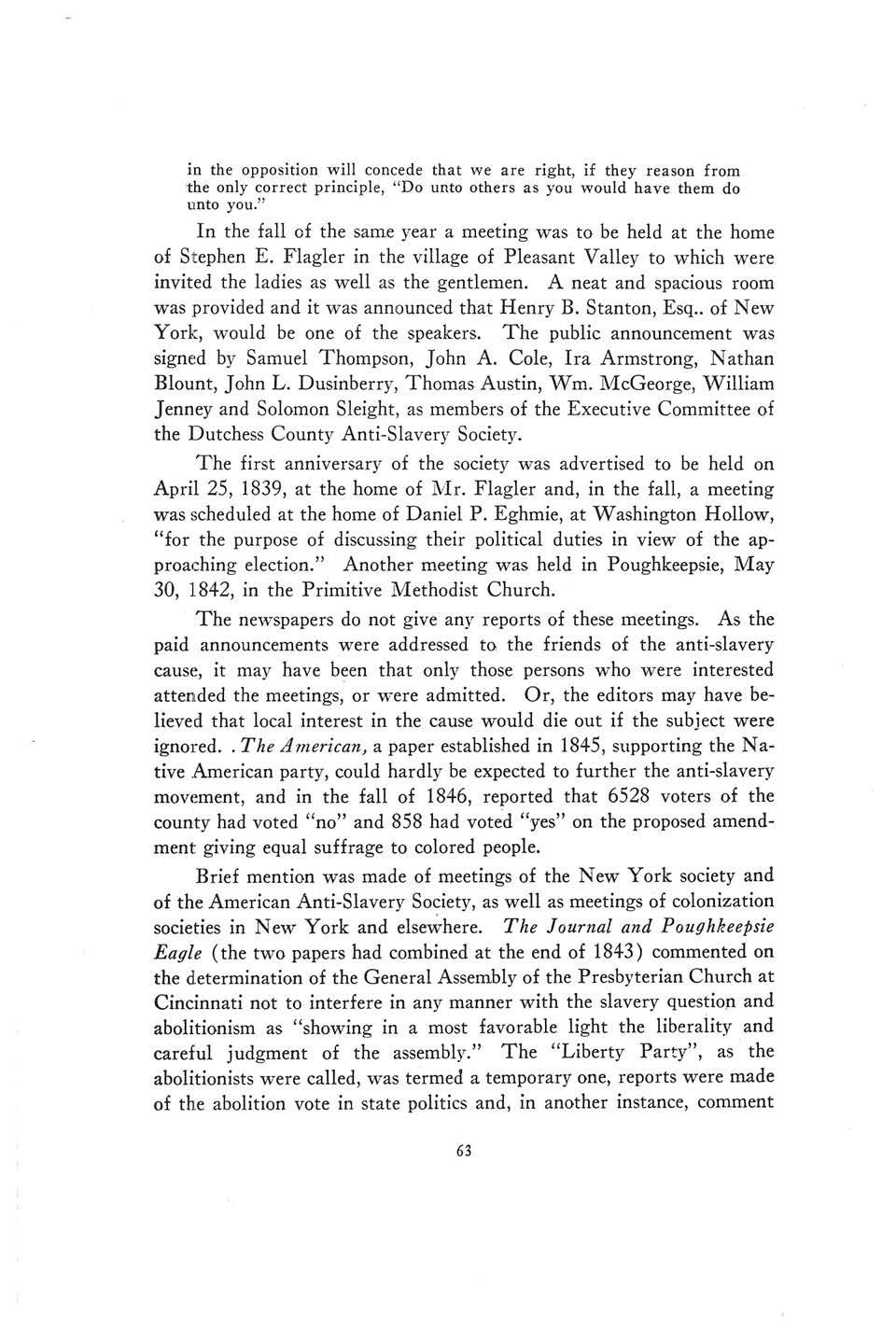several Indians with his clasp knife before he was struck down. All accounts agreed that the massacre and the loss of the Tonquin would not have occurred if Captain Thorn had been willing to accept some of the suggestions of his men or had heeded the advice of Mr. Astor in his dealings with the savages. These narrators all agree that Captain Thorn was a brave man and an able seaman. Alexander Ross says, "Mr. Astor's choice of a captain was most unfortunate" and described him as . . . . an able and expert seaman; but unfortunately, his treatment of the people under his command was strongly tinctured with cruelty and despotism. He delighted in ruling with a rod of iron; his officers were treated with harshness, his sailors with cruelty, and every one else was regarded by him with contempt. With a jealous and peevish temper, he was easily excited; and the moment he heard the Scotch Highlanders speak to each other in the Scottish dialect, or the Canadians in the French language, he was on his high horse, making every one on board as unhappy as himself. . . . Wise men profit by experience, listen to counsel, and yield to circumstances. Captain Thorn, on the contrary, looked upon every suggestion as an attempt to dictate to him, despised counsel, and treated advice with contempt. Had he profited either by the errors or misfortunes of others, or had he listened to the dictates of common prudence, and used the means he had at command, the savages along the coast, numerous and hostile as they are, would never have obtained the mastery nor taken the T onquin. Captain Thorn had many good qualities—was brave, had the manners of a gentleman, and was an able and experienced seaman; but his temper was cruel and overbearing and his fate verifies the sacred decree, that "he shall have judgment without mercy, that hath showed no mercy."
Ross, however, was described by Governor George Simpson, Commander of the united Northwest and Hudson Bay companies, as "a self sufficient empty-headed man," and his reports "so full of bombast and marvellous nonsense that it is impossible to get any information that may be depended upon from him." Gabriel Franchere says: . . . . Captain Thorn by his abrupt manner and passionate temper was the primary cause of his own death and that of all on board his vessel. . With respect to Captain Thorn, I must confess that though a stern commander and an irritable man, he paid the strictest attention to the health of his crew. . . . I have (I need scarcely say) no personal animosity against the unfortunate Captain; he always treated me, individually, as well as I could expect.
Washington Irving was a personal friend of Captain Thorn. He described him as a brave but headstrong commander and says he was 82











